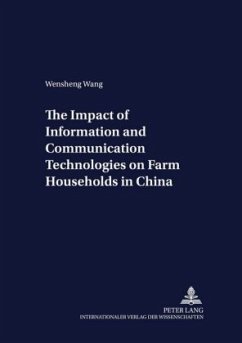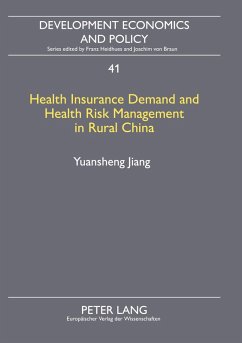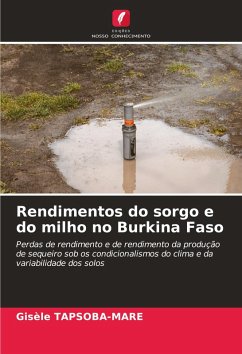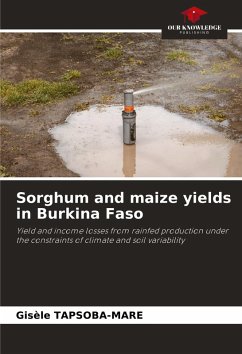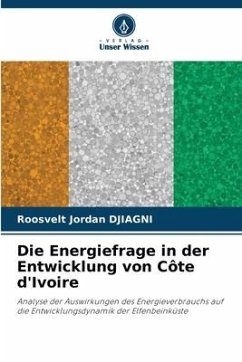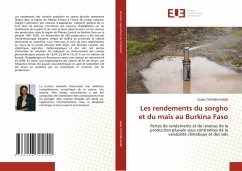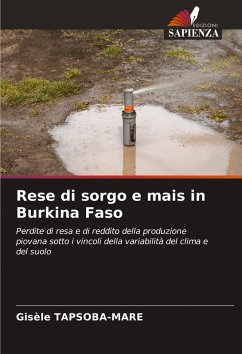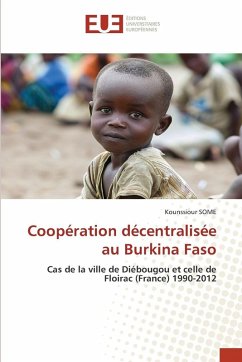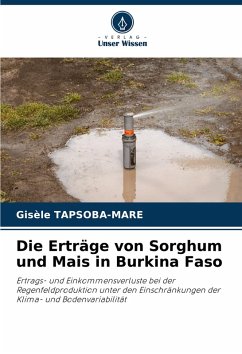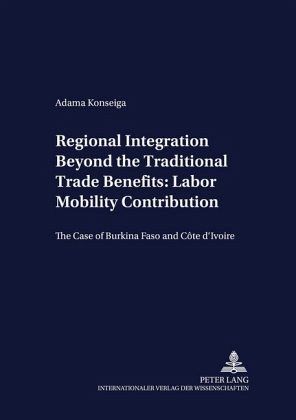
Regional Integration Beyond the Traditional Trade Benefits: Labor Mobility Contribution
The Case of Burkina Faso and Côte d'Ivoire
Herausgegeben: Braun, Joachim von
Versandkostenfrei!
Versandfertig in 6-10 Tagen
58,95 €
inkl. MwSt.

PAYBACK Punkte
0 °P sammeln!
The West African Economic and Monetary Union (WAEMU) seeks at changing the weak intra-regional trade and the strong disparities between countries. How to achieve such an objective, given the heterogeneous profiles of the member countries such as Côte d'Ivoire (Regional pole) and Burkina Faso (one of the poorest)? This is an important issue at stake. Intra-African migration flows is one of the best arguments for regional integration in the face of negligible goods and investment flows. The presence of migrants makes Burkina Faso a "share-holder" in Côte d'Ivoire's economic success. Based on t...
The West African Economic and Monetary Union (WAEMU) seeks at changing the weak intra-regional trade and the strong disparities between countries. How to achieve such an objective, given the heterogeneous profiles of the member countries such as Côte d'Ivoire (Regional pole) and Burkina Faso (one of the poorest)? This is an important issue at stake. Intra-African migration flows is one of the best arguments for regional integration in the face of negligible goods and investment flows. The presence of migrants makes Burkina Faso a "share-holder" in Côte d'Ivoire's economic success. Based on the economic theories of migration, the publication presents a very comprehensive and detailed empirical analysis of changes in factors mobility inside WAEMU, with particular emphasis on the two representative countries. Migrations concern rural populations and to deal with the microeconomic issues, the study used survey data collected in the Burkinabè Sahel. Secondary data on skills migration and brain drain are constructed to study the macroeconomic convergence.



